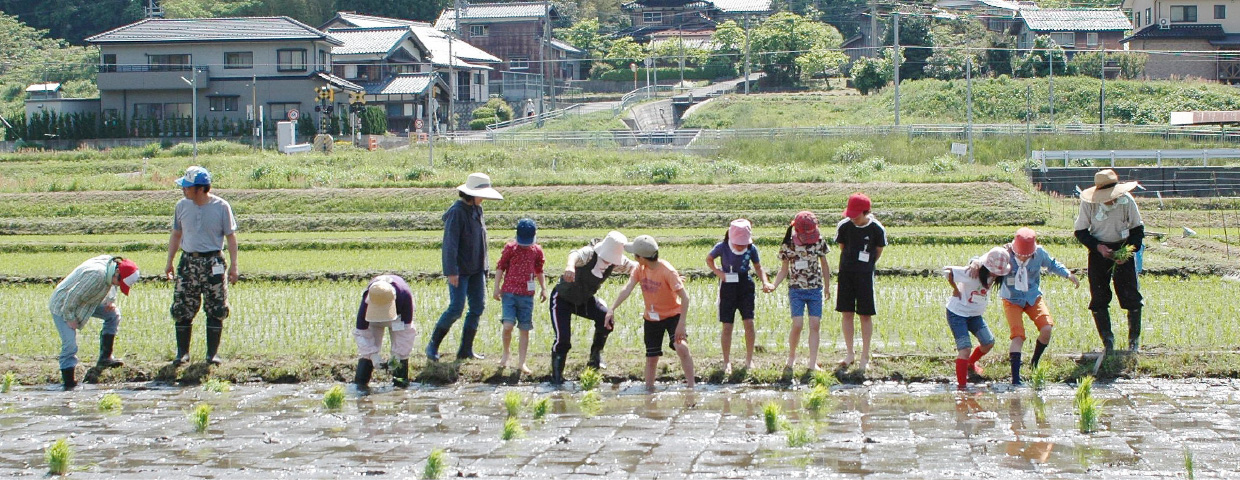NEWS

Symposium Discusses Citizen Science and Blue Carbon Projects for Seascape Restoration
2022.09.29
On 20 September 2022, the IPSI Secretariat, hosted by UNU-IAS, held an online symposium on community-based activities and governance for seascape restoration, focusing on blue carbon systems and citizen science. It was part of a series of events launched in February 2022 as part of the UN Decade on Ecosystem Restoration. The event was organised in partnership with the Ocean Policy Research Institute (OPRI) and the Ministry of the Environment, Japan (MOEJ).
Opening the event, Tsunao Watanabe (Directors, IPSI Secretariat) emphasised that restoring ecosystems would not only help mitigate climate change but also create a sustainable future for humans. He added that UNU-IAS collaborated with OPRI to promote restoration projects in satoumi — coastal seascapes managed by local communities, which support biodiversity conservation. Hide Sakaguchi (President, OPRI) noted that there was much to learn about the ocean and more research was needed to fully understand current issues. Junko Toyoshima (Research Fellow, OPRI) presented research highlighting changes in fish composition and seasonality, aquaculture production, and degradation of coastal ecosystems in Japan due to rising temperatures. Makiko Yanagiya (Deputy Director, IPSI Secretariat) pointed out that climate change was accelerating, and blue carbon and citizen science initiatives were crucial to advancing satoumi restoration.
The first session featured case studies on citizen science efforts from around the world. Discussing a project in Indonesia in which citizens monitored and collected data using a mobile application, Mitsutaku Makino (Professor, University of Tokyo) stressed that communities were more engaged when listened to and participating in the research process. William Dennison (Professor, University of Maryland) presented a collaborative project connecting citizens and researchers to better understand the multiple values of the coastal ecosystem in Chesapeake Bay, USA. Keita Furukawa (President, Association for Shore Environment Creation) highlighted information dissemination as a powerful tool to incentivise public interest in the restoration of Tokyo Bay, Japan.
In the second session, Stephen Crooks (Co-Chair of the International Blue Carbon Scientific Working Group, International Blue Carbon Initiative) introduced the International Blue Carbon Initiative, a global programme working to mitigate climate change through the restoration and sustainable use of coastal and marine ecosystems. Masato Nobutoki (Executive Board Member, Japan Blue Economy Association) highlighted the need to develop technology that would allow ecosystems to absorb more CO2. Takehiro Tanaka (Director, Satoumi Research Institute) discussed an initiative to restore eelgrass beds in Okayama, Japan that involved fishers teaching the importance of healthy ecosystems to children.
In a discussion moderated by Naomi Harada (Professor, University of Tokyo), panellists stressed that data sharing, multistakeholder collaboration, and integrated approaches were essential to overcoming barriers in ecosystem restoration. Hiroetsu Aoyama (Director, Environmental Policy Office, Ocean and Environmental Policy Division, Ports and Harbours Bureau, MLIT) and Yohei Mori (Marine Biodiversity Research Officer, MOEJ) underlined the importance of interagency collaboration and further support for local projects.
In closing remarks, Naohisa Okuda (Director General, Nature Conservation Bureau, MOEJ) emphasised that MOEJ was committed to developing policies and mechanisms that facilitated citizen engagement in restoration activities.
A video recording of the event is available on the UNU-IAS YouTube channel.


